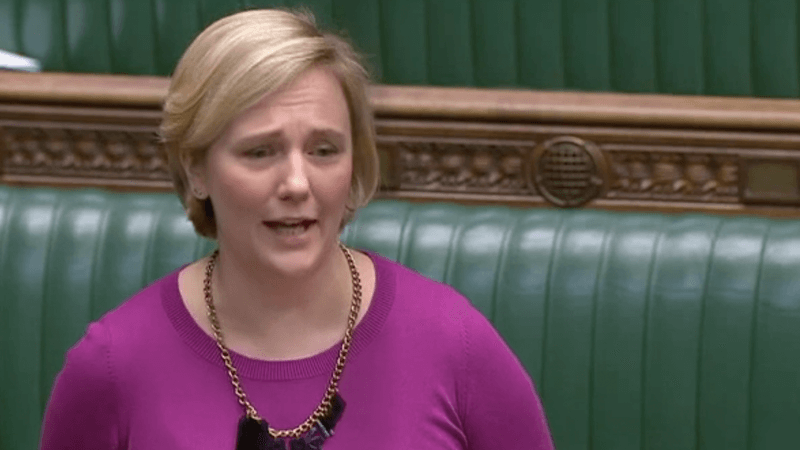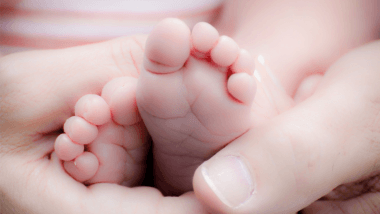MPs have given their backing to the introduction of ‘buffer zones’ around abortion clinics in England and Wales.
An amendment to the Government’s Public Order Bill to outlaw the offering of prayer and advice to women outside of abortion clinics was accepted by 297 votes to 110. Under the proposals, anyone found guilty of breaching the rules could face six months in prison.
Some councils have already introduced censorship zones, where speaking using amplification, audibly praying, reciting Scripture, and even kneeling within a 150m radius of an abortion clinic have been prohibited. The nationwide proposals could also include private residences and even churches close to a clinic, meaning pro-life posters or adverts could not be displayed if they can be seen from the street.
‘Immense pressure’
Labour MP Stella Creasy, who proposed the amendment, claimed it would not limit free speech and that it would protect women from alleged ‘intimidation and harassment’.
However, DUP MP Carla Lockhart said: “In the vast majority of cases, there is no evidence that hospitals and abortion clinics are affected by protesters, so a blanket ban is an unnecessary and disproportionate response, especially when the police can protect women through other lawful means. The police already have the tools they need to protect women.”
She quoted a mother who had been assisted by a volunteer while on her way to an abortion clinic, recounting: “The potential introduction of buffer zones is a really bad idea because women like me, what would they do then?
“You know, not every woman that walks into those clinics actually wants to go through with the termination. There’s immense pressure, maybe they don’t have financial means to support themselves or their baby, or they feel like there’s no alternatives. These people offer alternatives.”
Vaguely worded
Christian MP Fiona Bruce noted that the proposals were a serious threat to the freedoms of “thought, conscience, speech, belief and assembly”, rights which are enshrined in the Universal Declaration of Human Rights.
She also pointed out that the wording of the clause is vague, in particular where it would criminalise anyone who “seeks to influence” another person’s access to an abortion clinic, saying it could be applied so widely it could catch “virtually any activity”.
She said: “The proposed criminalisation of influencing is imprecise, unclear and unpredictable in its effect and potential impact, which contravenes the basic principle of certainty of the rule of law. Certainty is vital so that citizens can tailor their behaviour and remain within the law’s boundaries.
“Could a social worker advising a confused teenager going to an abortion clinic be seen as influencing within the meaning of this clause and therefore be at risk of criminal liability? This new clause fails the test of certainty and should be rejected for that reason alone.”
‘Vital practical support’
Right To Life UK spokesperson Catherine Robinson said: “Hundreds of women have been helped outside abortion clinics by pro-life volunteers who have provided them with practical support, which made it clear to them that they had another option other than going through with the abortion.
“This passing of this amendment means that the vital practical support provided by volunteers outside abortion clinics will be removed for women and many more lives will likely be lost to abortion.”
QC: Scottish censorship zones could breach human rights law
Pro-abortion doctors demand end to peaceful protest outside clinics
‘Draconian’ abortion ‘buffer zones’ to face legal challenge in NI
Activists want to ban peaceful protests at Bournemouth abortion clinic


